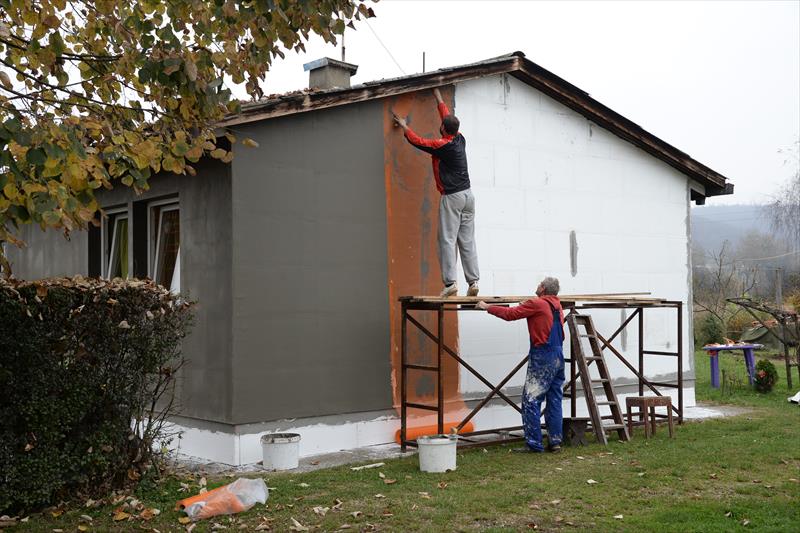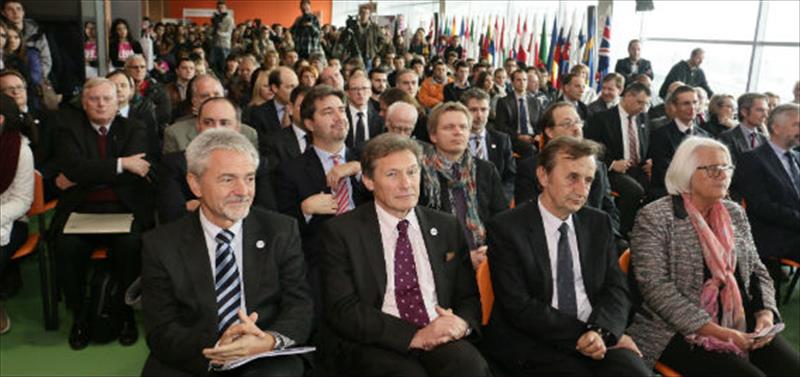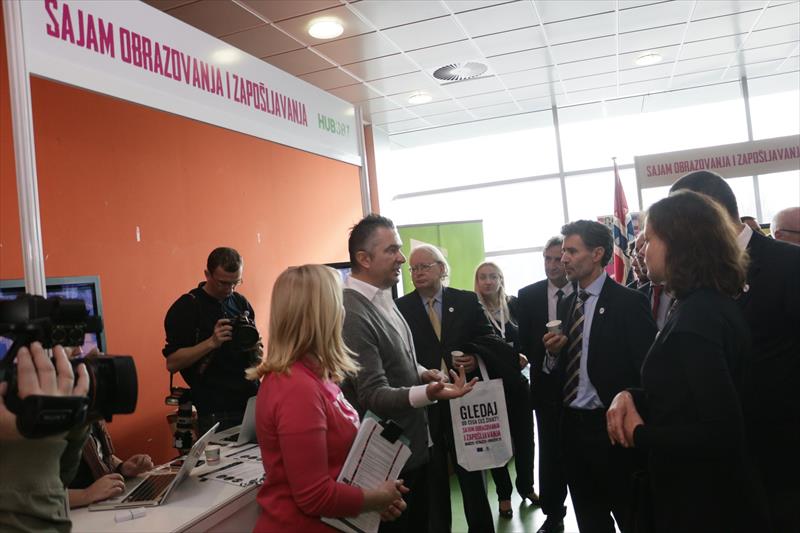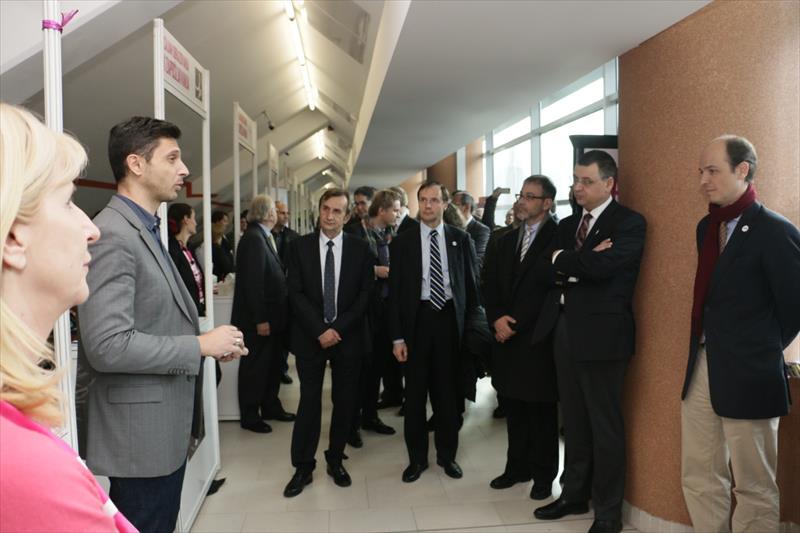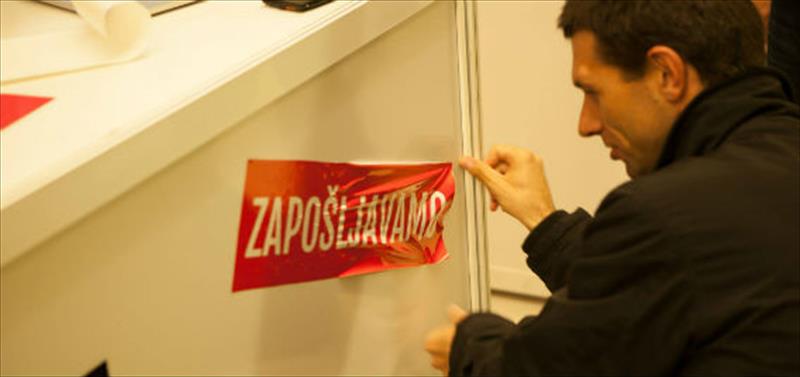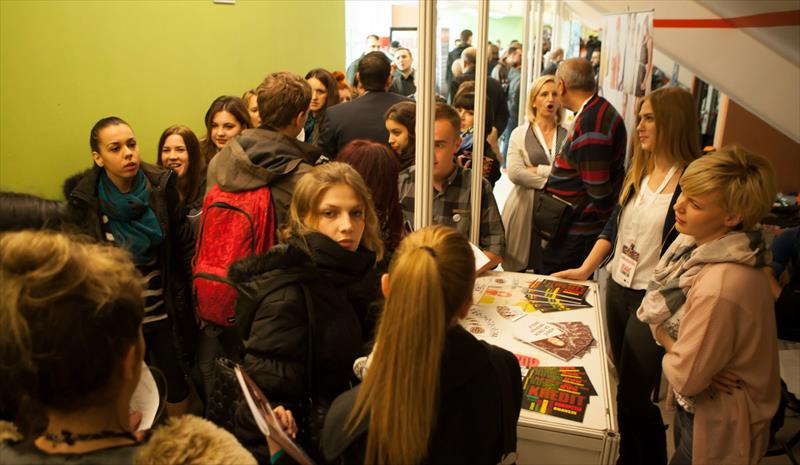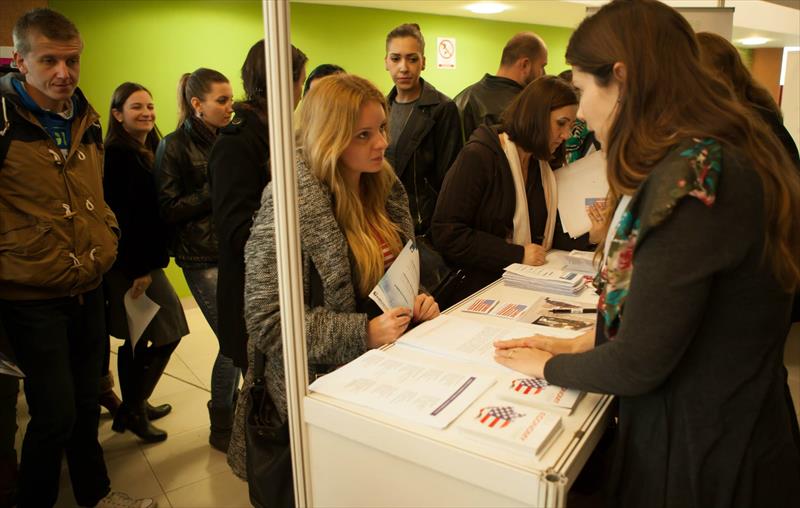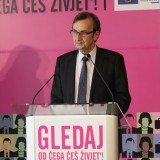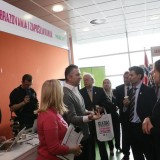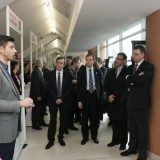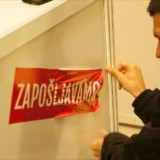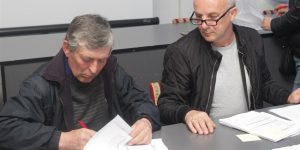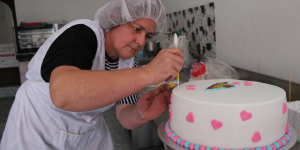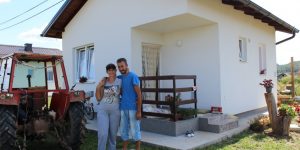Rehabilitation works on 45 priority housing units have been completed in Banja Luka as part of the EU Floods Recovery Programme, with works on an additional 21 units currently underway. The rehabilitated housing units are located in the Lazarevo neighbourhood of Banja Luka, which was significantly damaged in the May 2014 floods. The EU has allocated around 280,000 EUR (560,000 KM) for rehabilitation works in Lazarevo only, and the total projected EU investment for rehabilitating of 203 housing units in the Banja Luka area comprises more than 880,000 EUR (1.7 million KM).
Massimo Mina, Head of Operations for Social Development, Civil Society and Cross-Border Cooperation of the EU Delegation to Bosnia and Herzegovina, recently visited Lazarevo and met with the families whose homes have been rehabilitated with EU’s financial support. “It is good to see how the EU assistance is making positive changes in the lives of the people who lost their homes in the floods,” said Mina.
Moving into a newly rehabilitated home has certainly made a positive change for the family of Zoran Tešnović, who said that he cannot possibly thank the EU enough for the assistance his family has received. “One of my three children is suffering from the West syndrome. The humidity which was lingering in the house was only aggravating her health condition, resulting into 3 to 5 seizures a day,” said Zoran. A positive change has also happened in the family of Gostimir Kovačević. “In addition to rehabilitating my house, the contractor implementing the EU works recognised the craftsman skills of my son and hired him,” said Gostimir.
In addition to the 66 units included in the emergency recovery phase, the EU is currently selecting beneficiaries for the rehabilitation of further 137 housing units through a public call. “The public call for applications which included Banja Luka closed on 12 November. Our intention is to process the applications as swiftly as possible to enable quick launch of the rehabilitation works and thereby to assist as many people as possible to return home before the winter,” concluded Mina.
Unfortunately, not all families in Lazarevo and elsewhere in the flood-affected areas can be covered by the EU Floods Recovery Programme due to the Programme’s focus on rapid rehabilitation of damaged houses, and not reconstruction of destroyed houses – as in many cases the destroyed houses are in landslide-prone areas and hence a careful risk assessment and preparatory works are required before the building works can start. The reconstruction of destroyed houses will form a part of the next phase of EU’s flood recovery support, which is currently under preparation.
The family of Svetlana Umičević falls into this category – the high degree of moisture absorbed by the soil under her house caused the entire construction to collapse. “Obviously the house now needs to be completely rebuilt from the ground up. I therefore urge anyone who can extend assistance to help us out,” said Svetlana, who temporarily lives in a friend’s house together with her husband, two small children and her mother-in-law.
Addressing challenging cases such as Svetlana’s requires a coordinated approach and decisive actions from all stakeholders with the aim to ensure that assistance reaches those who need it the most. It’s a clear example of the wider challenges facing the BiH authorities who are in the lead for the overall flood recovery.
The EU Flood Recovery Programme: The Programme was launched to restore normal living conditions in local communities and ensure that the aid reaches the most vulnerable ones in the aftermath of floods in May. Funds will be used to restore public services and infrastructure, reconstruct housing units for the most vulnerable ones, and for social and economic recovery of local communities. The value of the overall programme was 43.52 million, of which 42.24 million were provided by the European Union.
The programme is implemented by the United Nations Development Programme (UNDP), the United Nations Children’s Fund (UNICEF) and the International Organisation for Migration (IOM).
For more information, visit the EU Floods Recovery Programme feature page

